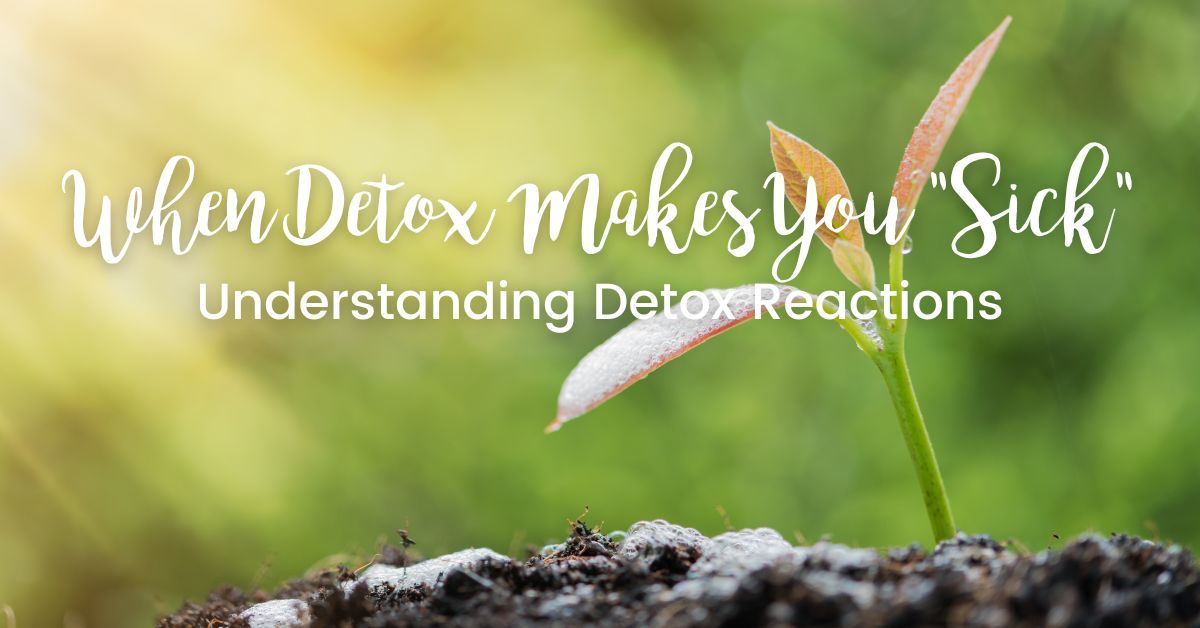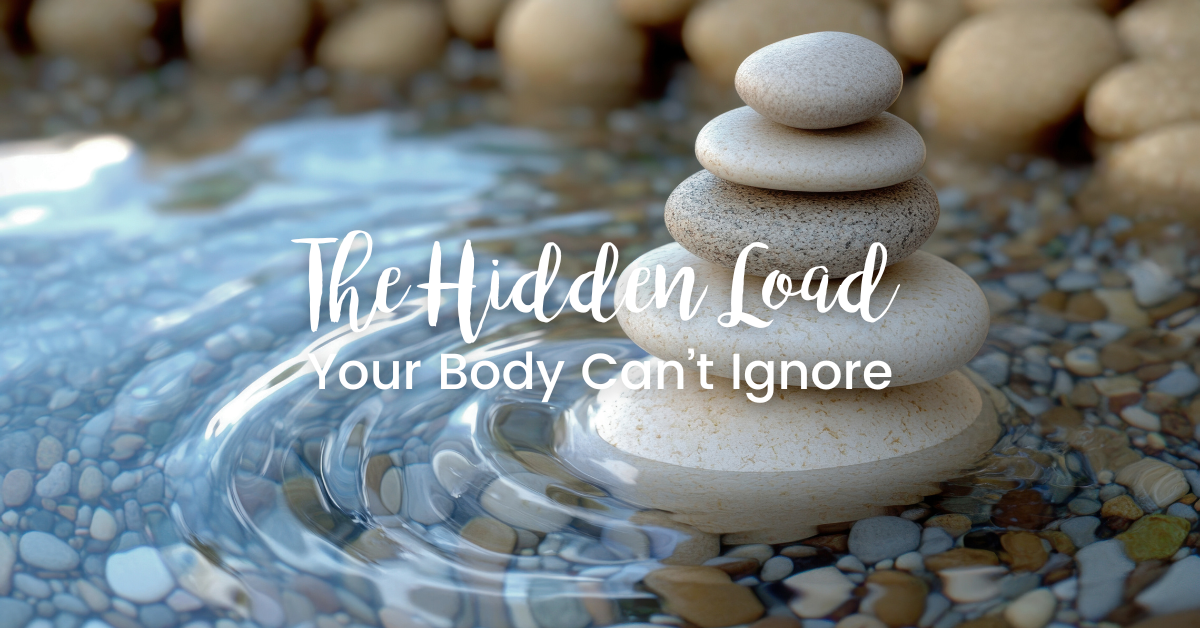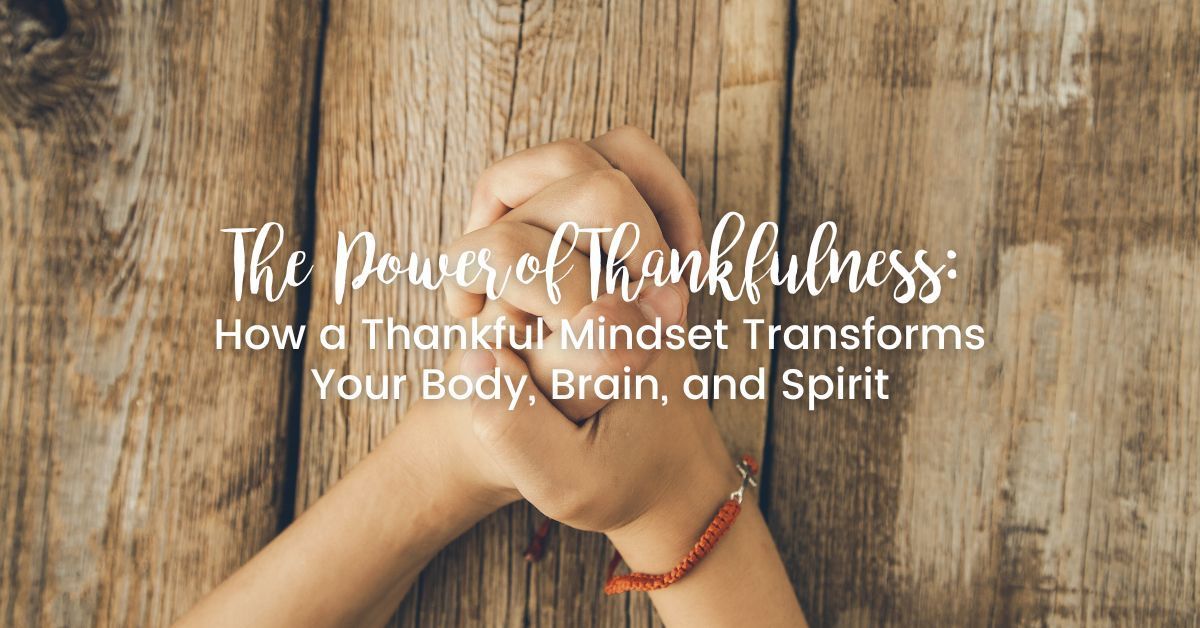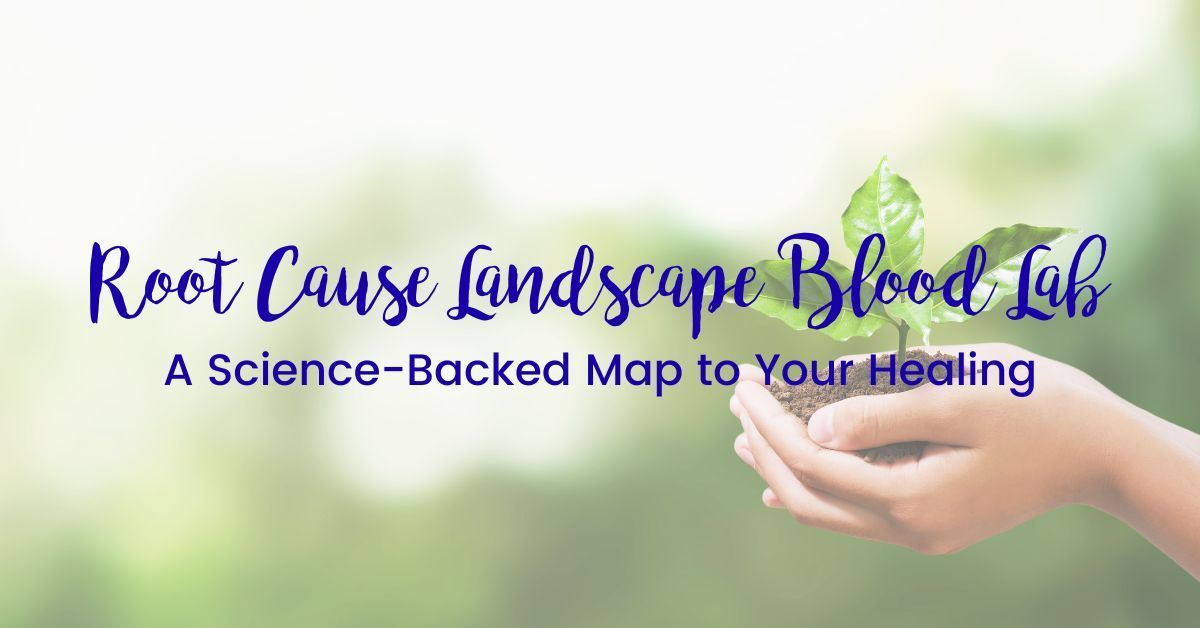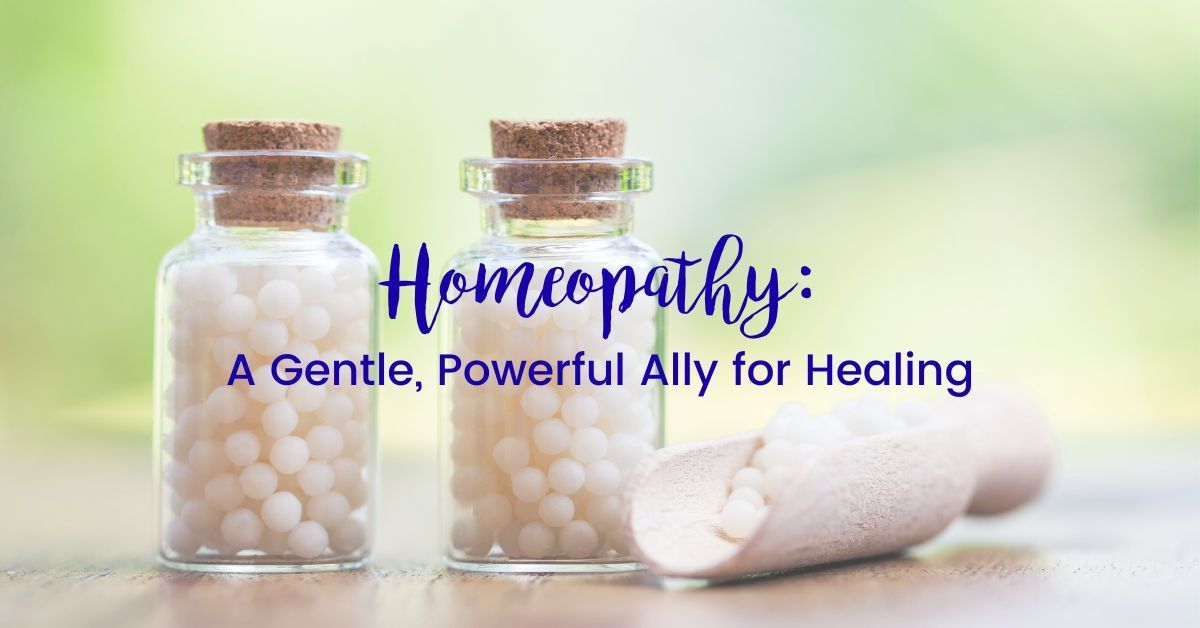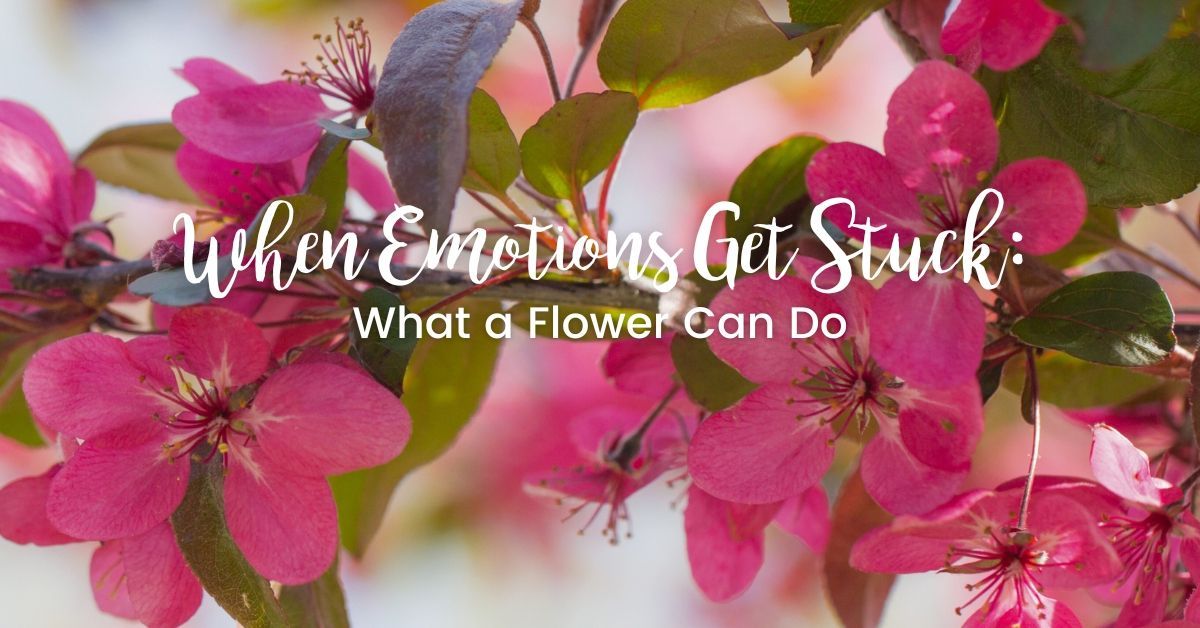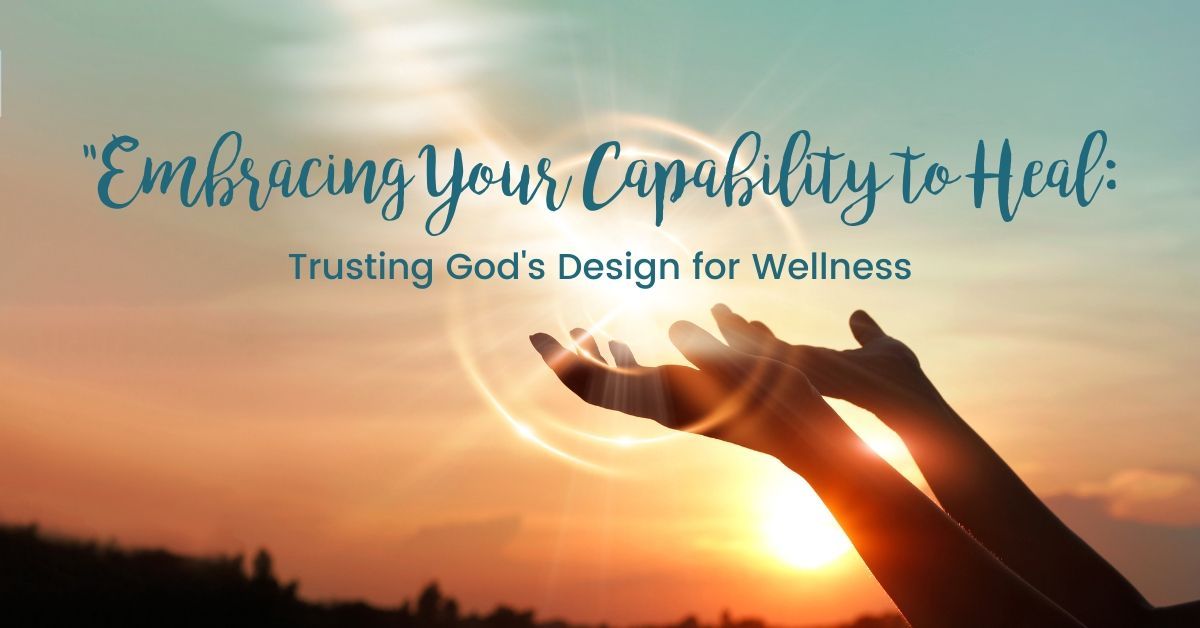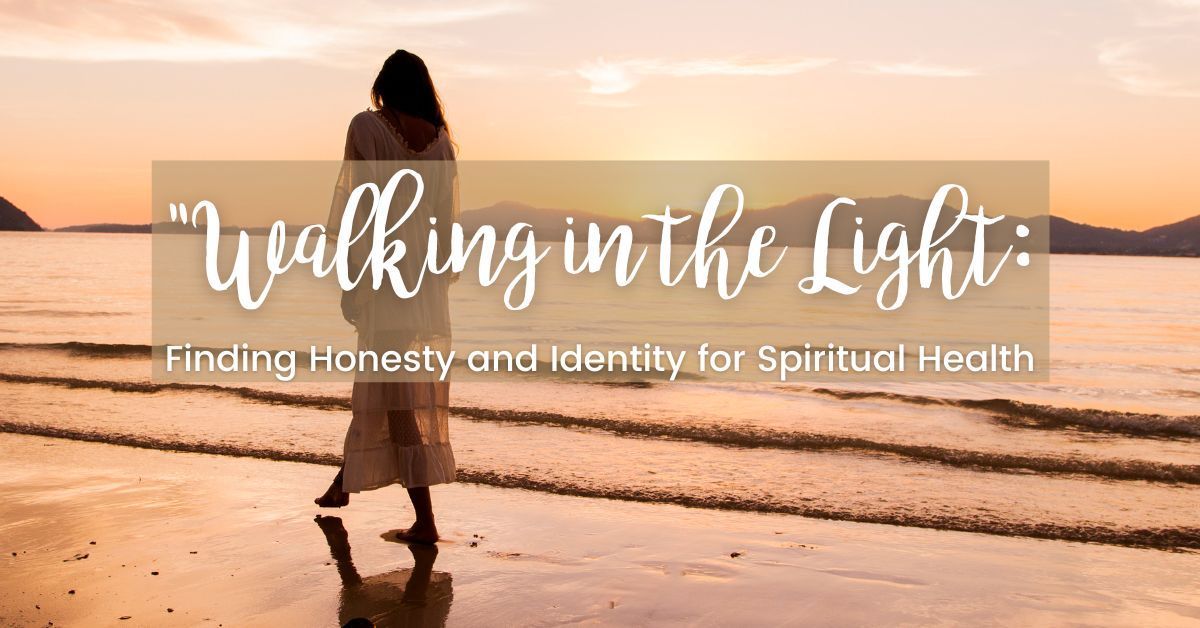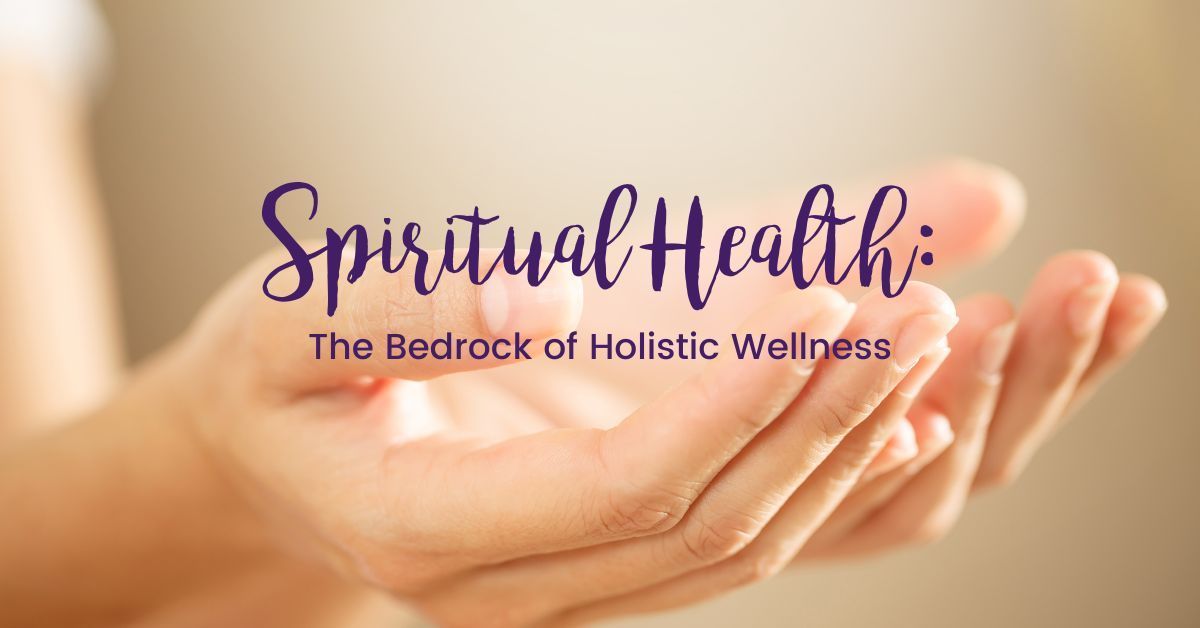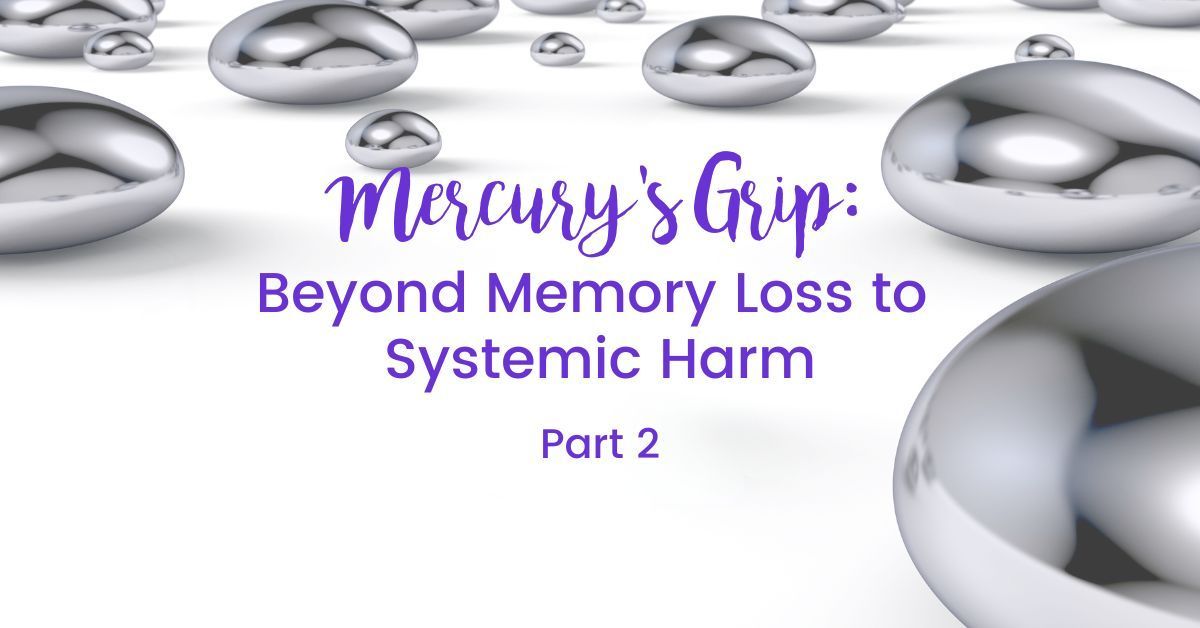
Mercury’s Grip:
Beyond Memory Loss to Systemic Harm
by Kari Barron
When most people think of mercury poisoning, they picture memory loss or brain fog—but the truth runs much deeper.Mercury doesn’t just cloud the mind. It can quietly disrupt nearly every system in the body, leaving you exhausted, moody, hormonally off, and struggling to connect the dots when “everything looks normal” on paper.
If you’ve ever wondered why you still feel off despite doing everything “right,” mercury may be playing a bigger role than you realize.
Mercury and the Brain: More Than Memory Loss
Inhaled mercury vapor primarily affects the brain and nervous system. Forms such as methylmercury and metallic mercury vapor are especially damaging.
When mercury accumulates in the brain, you may notice:
- Persistent brain fog or confusion
- Difficulty finding words or staying focused
- Mood swings or emotional instability
- Tingling or numbness in hands or feet
- Memory loss or short-term forgetfulness
These symptoms are often brushed off as “stress” or “aging,” but mercury toxicity tells a deeper story.
Mercury’s Hidden Impact on the Reproductive System
Mercury’s interference with the endocrine and reproductive systems can be devastating—especially for women of childbearing age.
High mercury levels can cause:
- Infertility and hormonal imbalance
- Sperm DNA damage in men
- Placental transfer of mercury from mother to baby
- Mercury exposure in breast milk, leading to developmental issues in infants
That so-called “pregnancy glow” can sometimes reflect the body’s effort to move mercury out of the mother’s tissues—directly into the baby. Before trying to conceive, it’s wise to test and address mercury load. You and your baby deserve a healthy start, free from hidden toxins.
Mercury’s Effect on Kidney Function
Your kidneys play a vital role in filtering toxins—but mercury can overwhelm them.
Long-term exposure damages kidney cells and reduces filtration efficiency, especially in older adults. If you have an elderly loved one with frequent UTIs or unexplained fatigue, gentle mercury detoxification could be an important piece of the puzzle.
Mercury and the Microbiome
Your gut is one of your body’s strongest detox allies—but mercury disrupts that partnership. This heavy metal can suppress beneficial gut bacteria, weakening the body’s ability to process and excrete toxins. When your microbiome is compromised, even a clean diet and good supplements can’t perform at full potential. Restoring gut health is one of the most important steps in mercury detoxification—and true healing.
High-Risk Professions
Certain professions carry a higher risk of mercury exposure, including:
- Dental hygienists, assistants, and dentists
- Gold and coal mining workers
- Industrial manufacturing or cremation employees
If you work in these environments, regular detoxification and testing are essential for maintaining long-term health.
Why Awareness Is Your First Step to Healing
Mercury toxicity is often missed because it hides beneath the surface. You probably won't see it in routine bloodwork—but you’ll feel its effects: brain fog, anxiety, chronic fatigue, hormonal chaos, or gut imbalance. It’s not in your head. It’s in your cells.
Find Out What Mercury Is Doing in Your Body
Mercury is one of the key toxins I look for when evaluating clients who struggle with exhaustion, brain fog, or hormone imbalance.
That’s why I use the Root Cause Landscape Blood Lab—a comprehensive test that helps identify inflammation, toxin load, nutrient depletion, and energy production issues that standard labs miss. It’s your roadmap to understanding why you feel the way you do—and how to finally restore balance.
✨ Click here to learn more about the Root Cause Landscape Blood Lab and start uncovering the hidden barriers keeping you from full energy and clarity. This simple blood test uncovers inflammation, toxin load, and energy patterns behind fatigue and brain fog—so you can support your God-designed body to heal naturally. Purchase isn’t required, but the link will give you more information to determine if the test is right for you.
Your body was designed to heal—when we remove the blocks and give it what it needs.
DISCLAIMER: This information is for educational purposes and not intended as medical advice.
